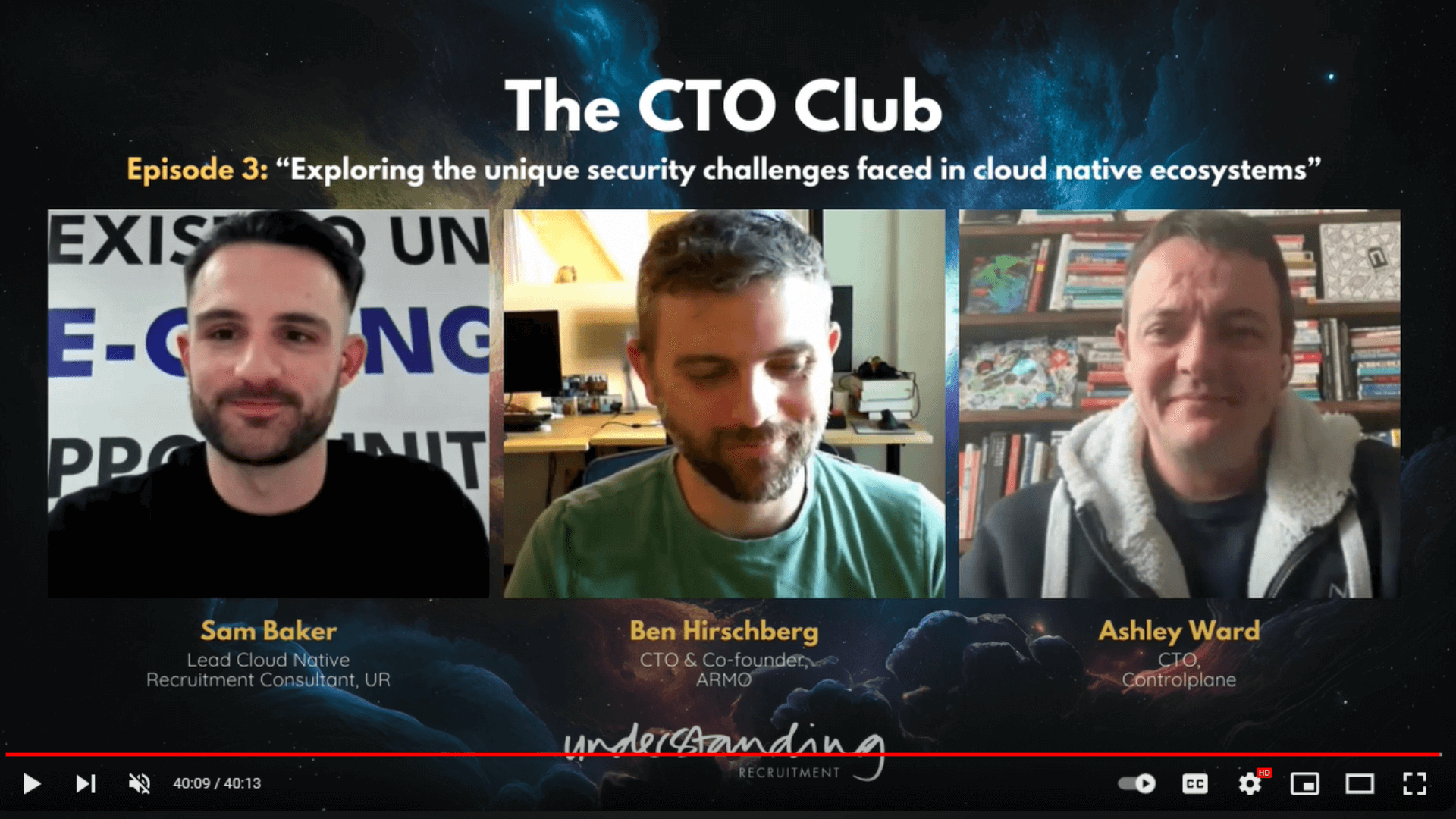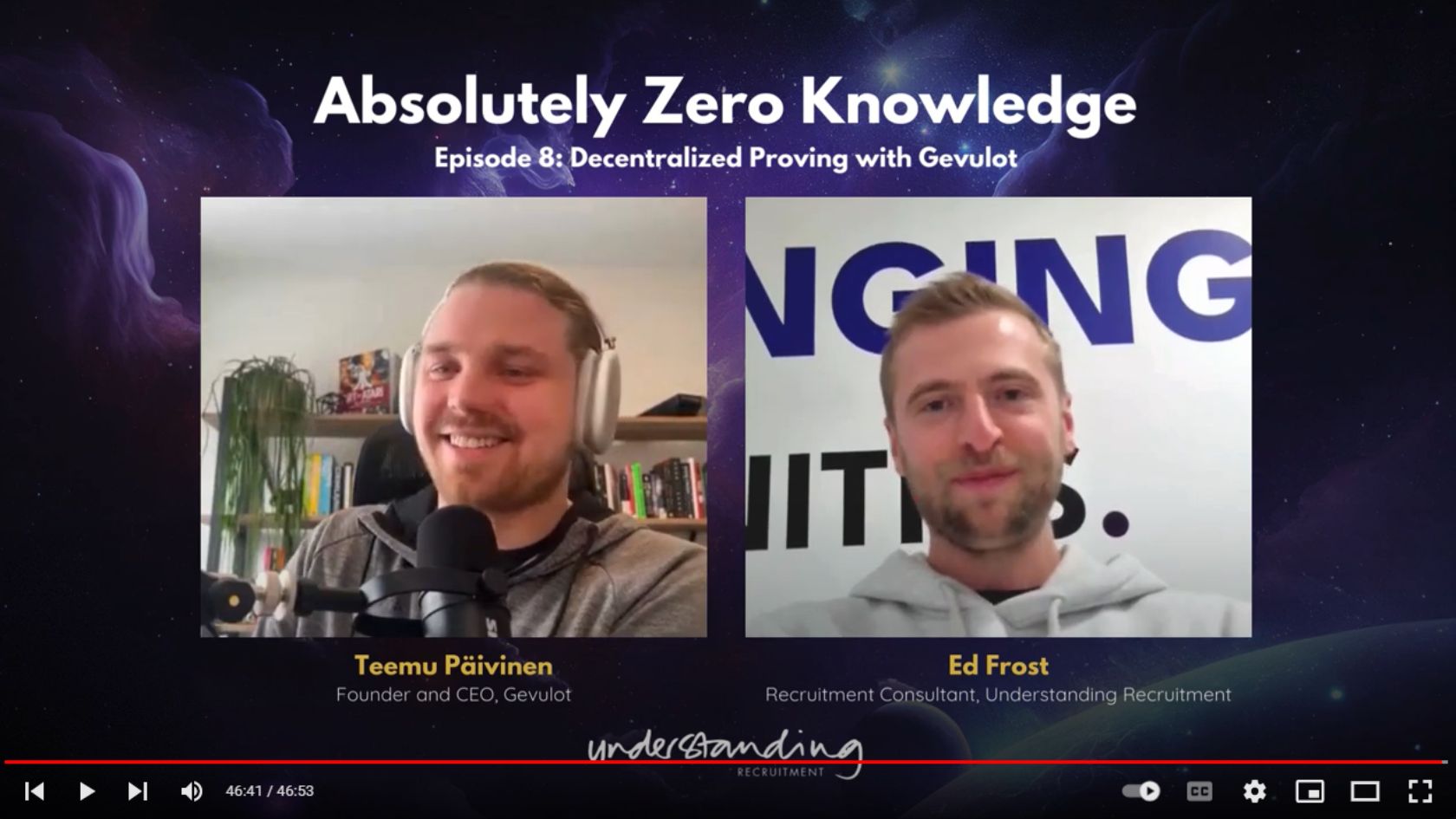
In the second instalment of our Data Science: Leadership Bytes series, we turn our focus to ...

In the second instalment of our Data Science: Leadership Bytes series, we turn our focus to ...

In our inaugural Data Science Leadership Bytes blog series, I had the pleasure of sitt...

Join Sam Baker, Lead Cloud Native/CTO Recruitment Consultant & host of The CTO Club, for...


 46 Minutes
46 Minutes

In the second instalment of our Data Science: Leadership Bytes series, we turn our focus to ...